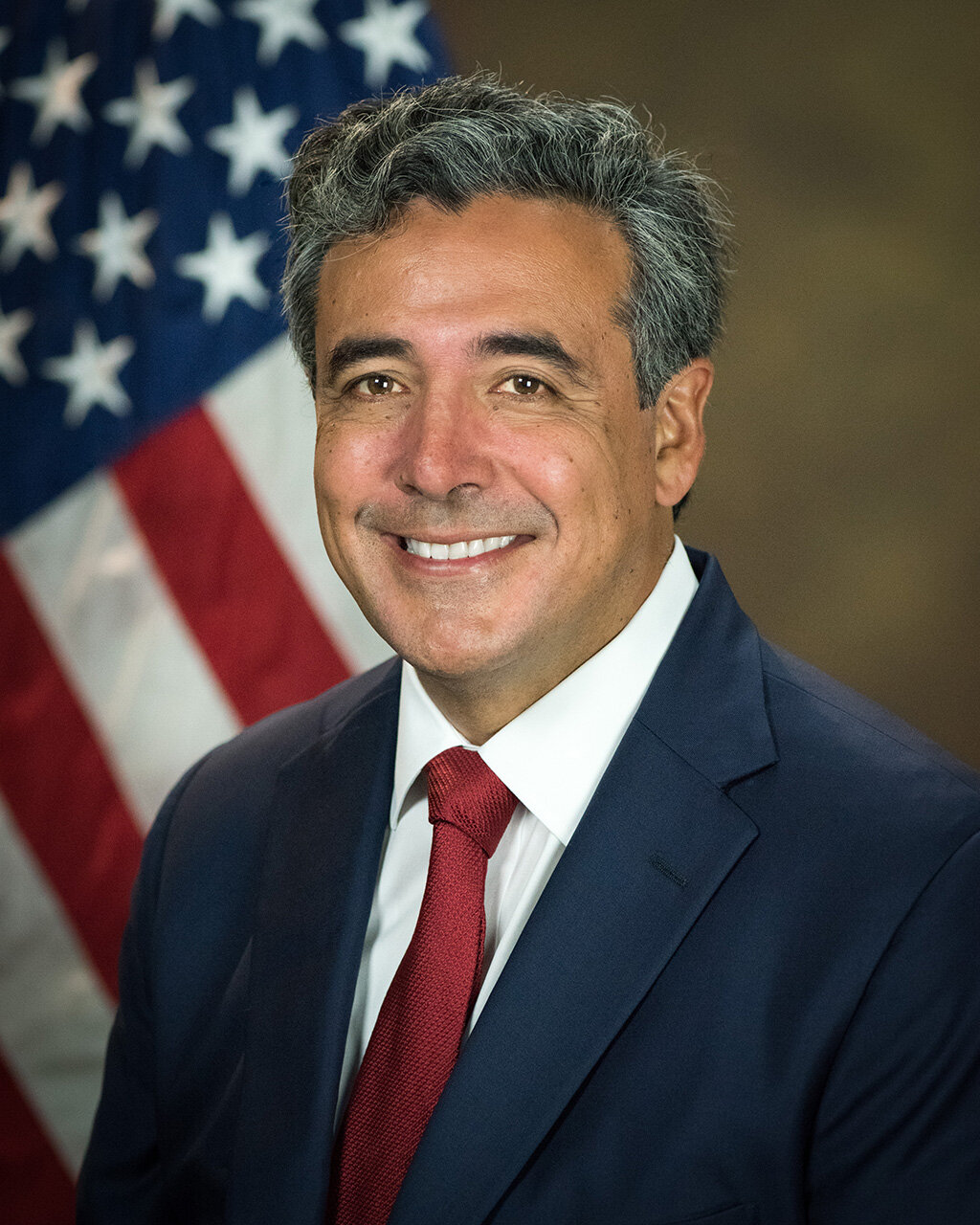Dana Lake ‘23
Production Editor
The first ever Women in Government Day hosted by Virginia Law Women (VLW) happened virtually last week, offering a public sector version of the highly celebrated Women in Big Law event VLW puts on every year. If you were unable to attend and feel like the door to a government salary has already closed on you, fear not. This intrepid reporter attended the event (and got her meal reimbursement) to bring you the tips and strategies to landing your dream government position, shared by the professionals.
Tip number one: Working for the government is not a guaranteed nine-to-five gig. Sarah Albrecht, the Associate Deputy Director of the Conscience and Religious Freedom Division for the Department of Health and Human Services (HHS), corrected that misconception. As a government lawyer, you’re likely to be in an office filled with overachievers. “Whoever said go to the government, you’ll have a nine-to-five…no you won’t” Albrecht clarified, not without some humor. Depending on your role, you may be expected to be available 24/7, a far cry from the dichotomy traditionally asserted between private practice and the public sector. It isn’t all drudgery, of course. Albrecht finds much of her work deeply rewarding, and often she will have projects she is excited to work on. “You have to define what work-life balance means to you,” she explained. To her, that means not beating herself up for working passed five on a project she is deeply invested in.
Tip number two: Both federal and state government employers are looking for people with experience. That doesn’t mean K-JDs are automatically relegated to private practice; practical experience can come from clinics, public interest firms, pro bono work, or feeder programs like DOJ Honors. Tara Allison, a trial attorney with the Criminal Section of the Department of Justice (DOJ) Civil Rights Division, was hired through the Honors program after clerking. Michelle Kallen did take the private practice route, working specifically for firms with robust pro bono programs. “I looked for firms without caps on pro bono hours, which is how you can tell they are serious about the work,” she explained. Kallen was able to build up her appellate resume through pro bono projects, which prepared her for her current role as Deputy Solicitor General in the Virginia Office of the Attorney General.
Tip number three: Focus on applying to whatever interesting opportunities you hear about, and don’t wait for the “right time” to make a change. Kallen shared how her current job was her dream role, but she hadn’t expected to land it so soon. “It’s better to make the switch when you want to, instead of waiting until you need to” she cautioned. Even if your current job is going well, if it isn’t the work you want to do more than anything else, it’s worth checking around to see what other opportunities are available. When an interesting job opens up, throwing your resume in the ring can lead to places you never expected. Chioma Chukwu ’12 is the Deputy General Counsel at the House Committee on Oversight and Reform, but she began her government career working for a public interest firm. Her advice? Don’t be afraid to apply to smaller places.
Tip number four: Being a woman in government doesn’t necessarily put you at a disadvantage, and you shouldn’t limit what careers you pursue based solely on your gender identity. Though the appellate level is weighted heavily toward cis men, all four women attorneys that participated in the panel have found success with minimal problematic episodes. That doesn’t mean there aren’t problems, of course, but at least for these women working in government, it hasn’t been the old-school toxic alpha male show so many women suffer through professionally. Some of the attorneys found they had an easier time smiling through getting yelled at by judges than their male colleagues did. The top strategy for responding to a tense courtroom situation? Stay professional and try to genuinely answer the questions being shouted at you.
Tip number five: Keep your network open. This is probably the most dreaded instruction to receive, but this reporter has yet to attend a career-oriented event that doesn’t hammer it home. Most jobs aren’t posted. If you want to be kept in the know on opportunities, you need to put in the background work. That means forwarding interesting articles to old bosses, keeping up with the personal developments of former coworkers, and putting birthdays in your calendar. It means developing genuine friendships when you can, because those friends are the people who will send you opportunities and interesting articles in turn. The most important aspect to being a good friend? Don’t just reach out when you need something.
---
dl9uh@virginia.edu













